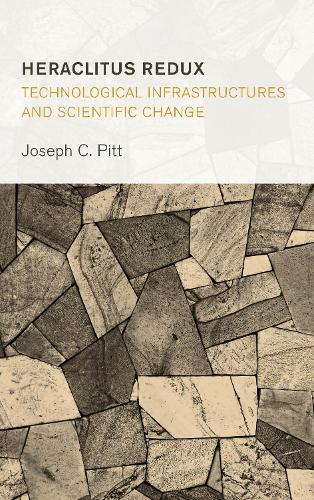
Heraclitus Redux: Technological Infrastructures and Scientific Change
(Hardback)
Publishing Details
Heraclitus Redux: Technological Infrastructures and Scientific Change
By (Author) Joseph C. Pitt
Bloomsbury Publishing PLC
Rowman & Littlefield International
25th October 2019
United Kingdom
Classifications
Professional and Scholarly
Non Fiction
History of engineering and technology
501
Physical Properties
Hardback
128
Width 159mm, Height 234mm, Spine 14mm
349g
Description
Scientific change is often a function of technological innovation new instruments show us new things we could not see before and we then need new theories to explain them. One of the results of this process is that what counts as scientific evidence changes, and how we do our science changes. Hitherto the technologies which make contemporary science possible have been ignored. This book aims to correct that omission and to spell out the consequences of taking the technologies behind the doing of science seriously.
Reviews
Pitt's book is a powerful wake-up call for philosophers of science and for philosophers in general: neither new ideas or new evidence are the driving forces that keep science (and society) in constant flux, but changing technological infrastructures; he argues persuasively that this notion deserves a central place in any philosophical analysis of the ever changing modern human condition.
Author Bio
Joseph C. Pitt is Professor of Philosophy and of Science and Technology Studies at Virginia Tech, where he has taught since 1971. He is the author of four books, edited or co-edited twelve additional volumes and published over 100 articles and book reviews. He and his wife, Donna, live on their Virginia farm, Calyddon, where they raise horses and Irish Wolfhounds.
